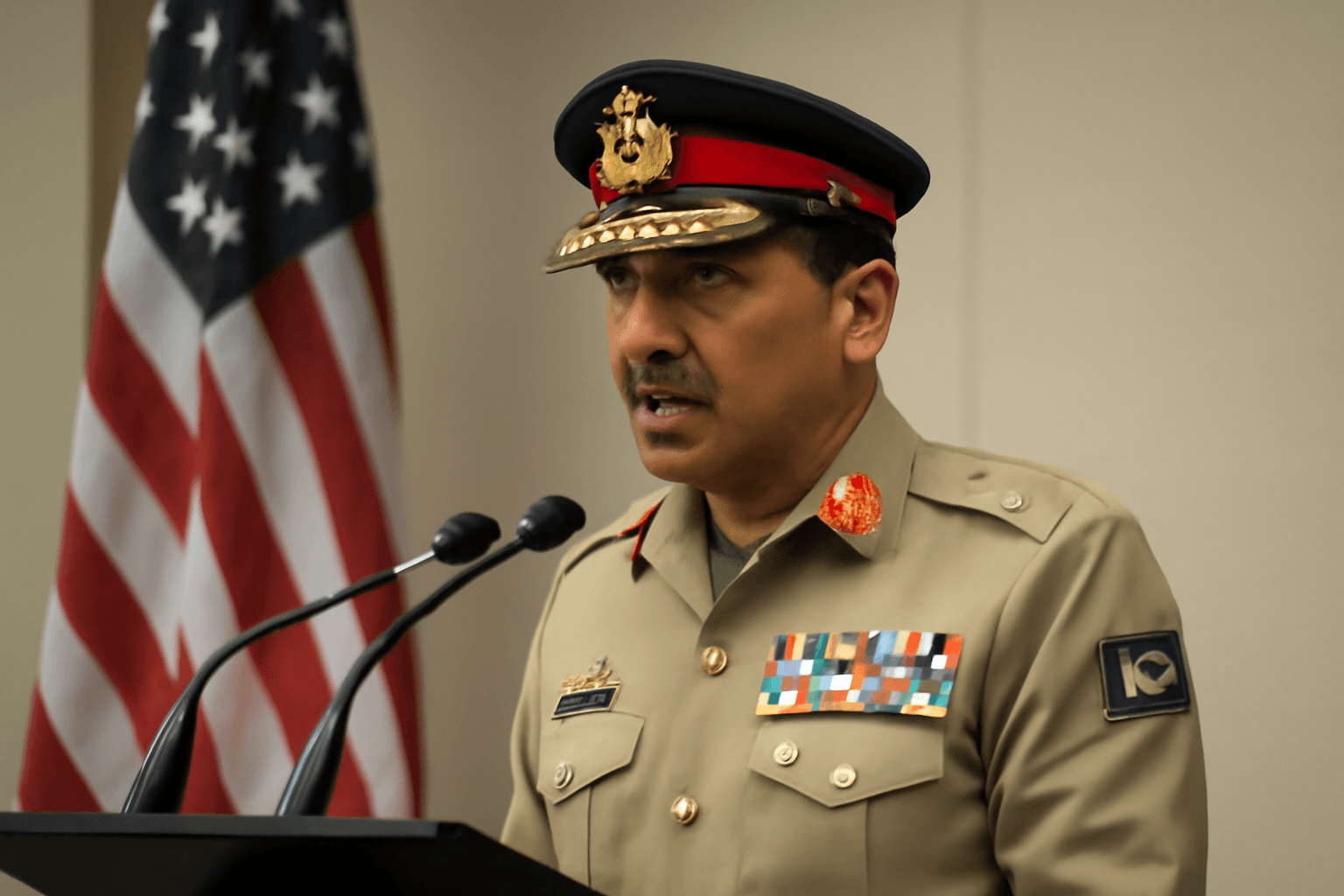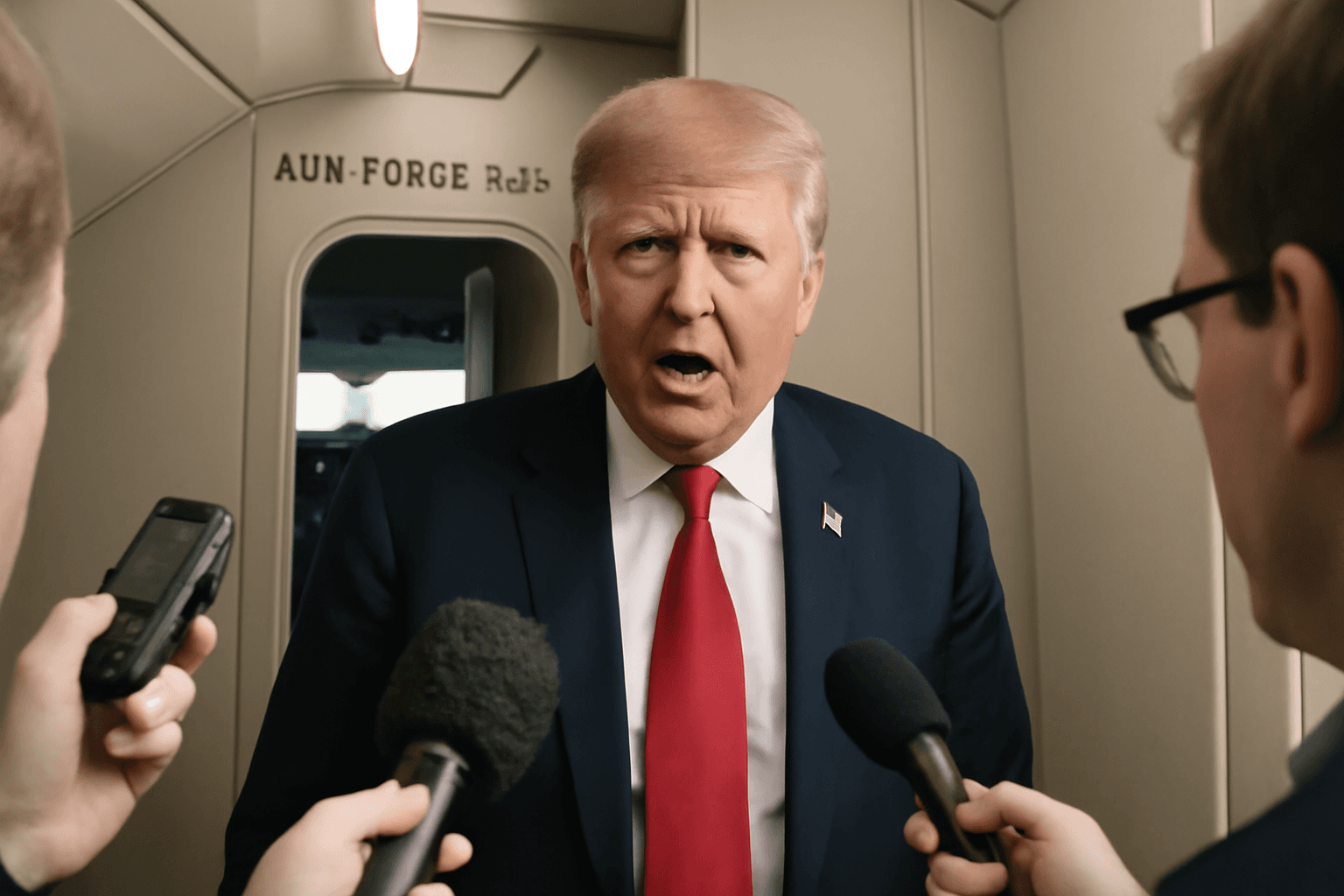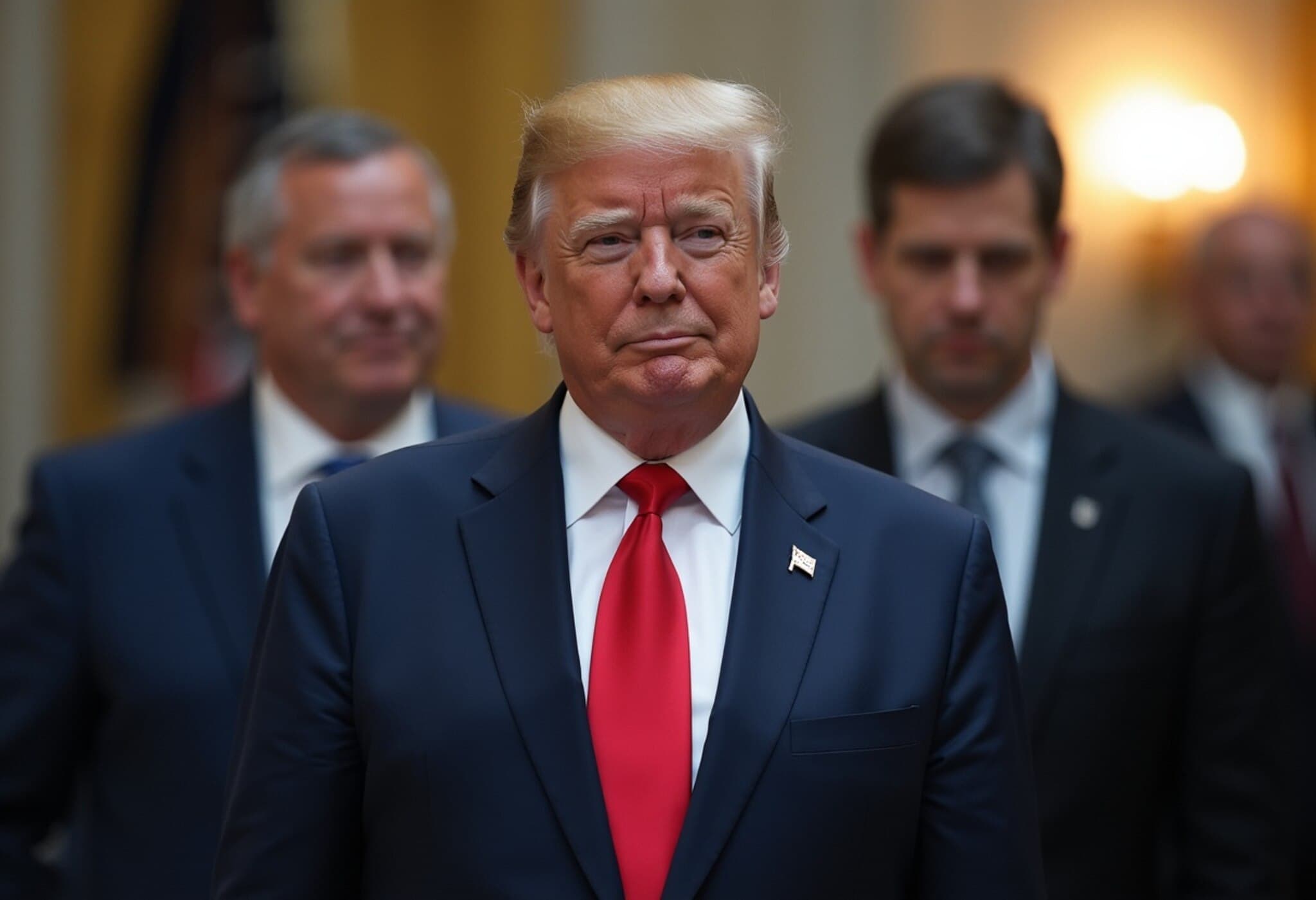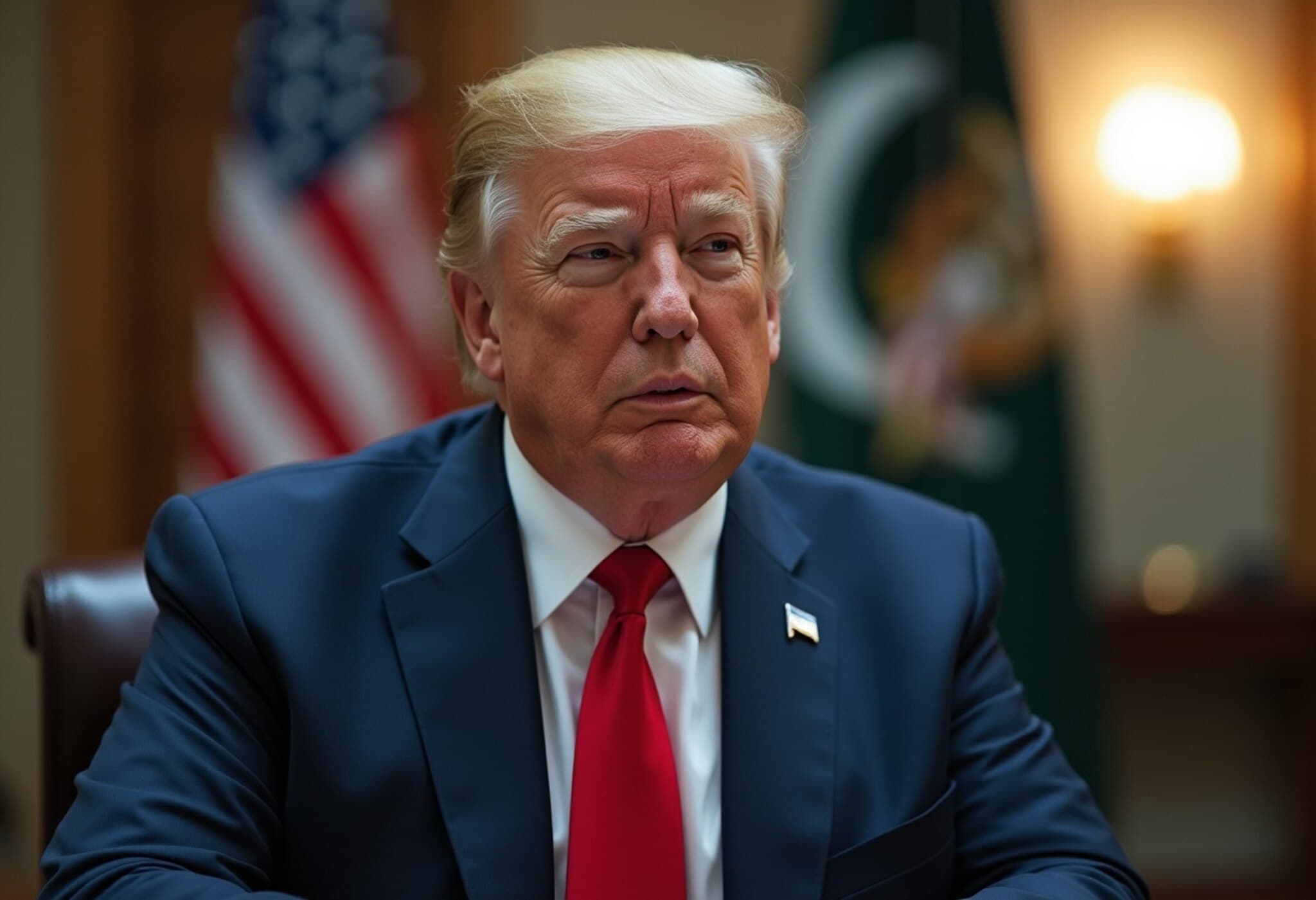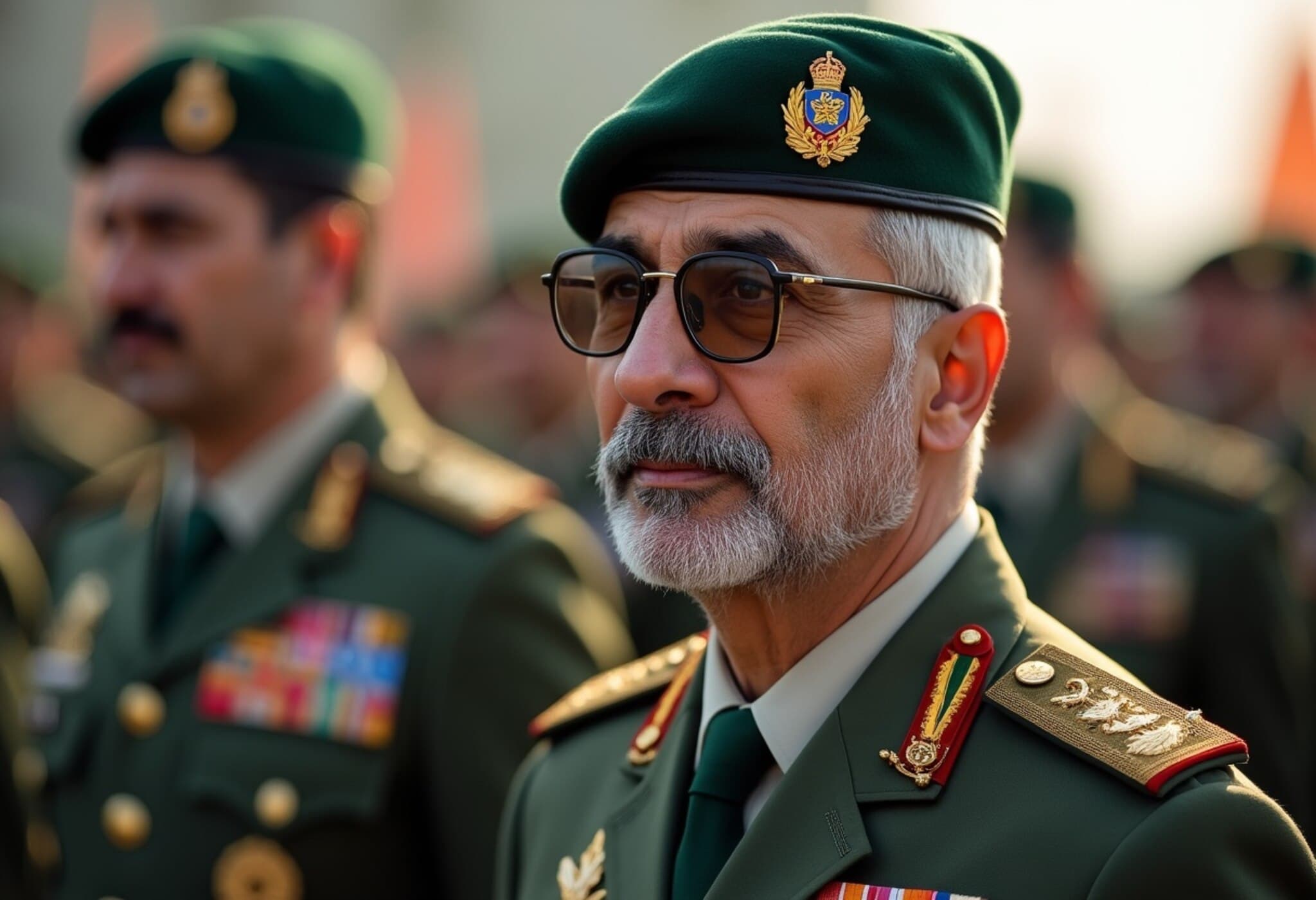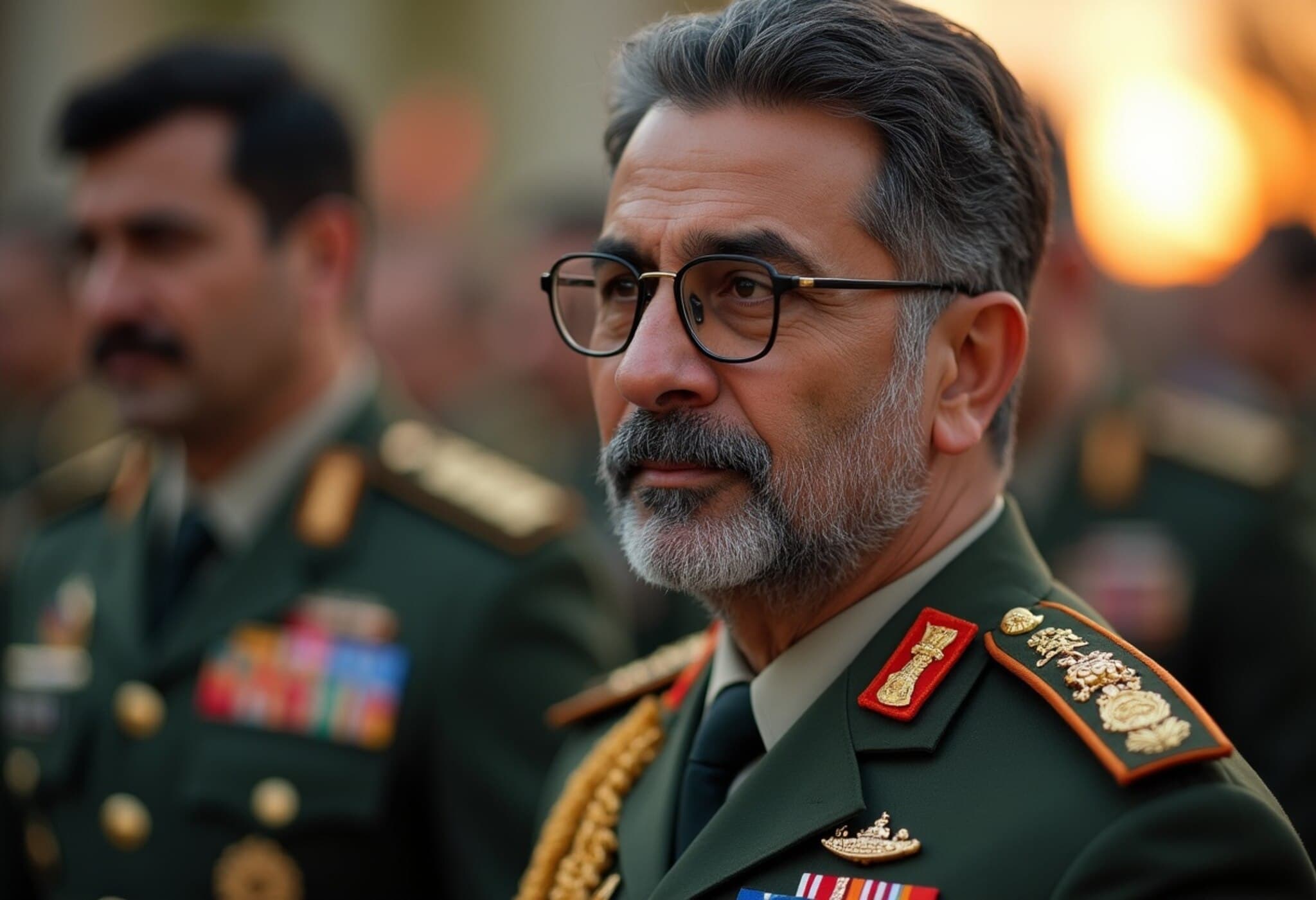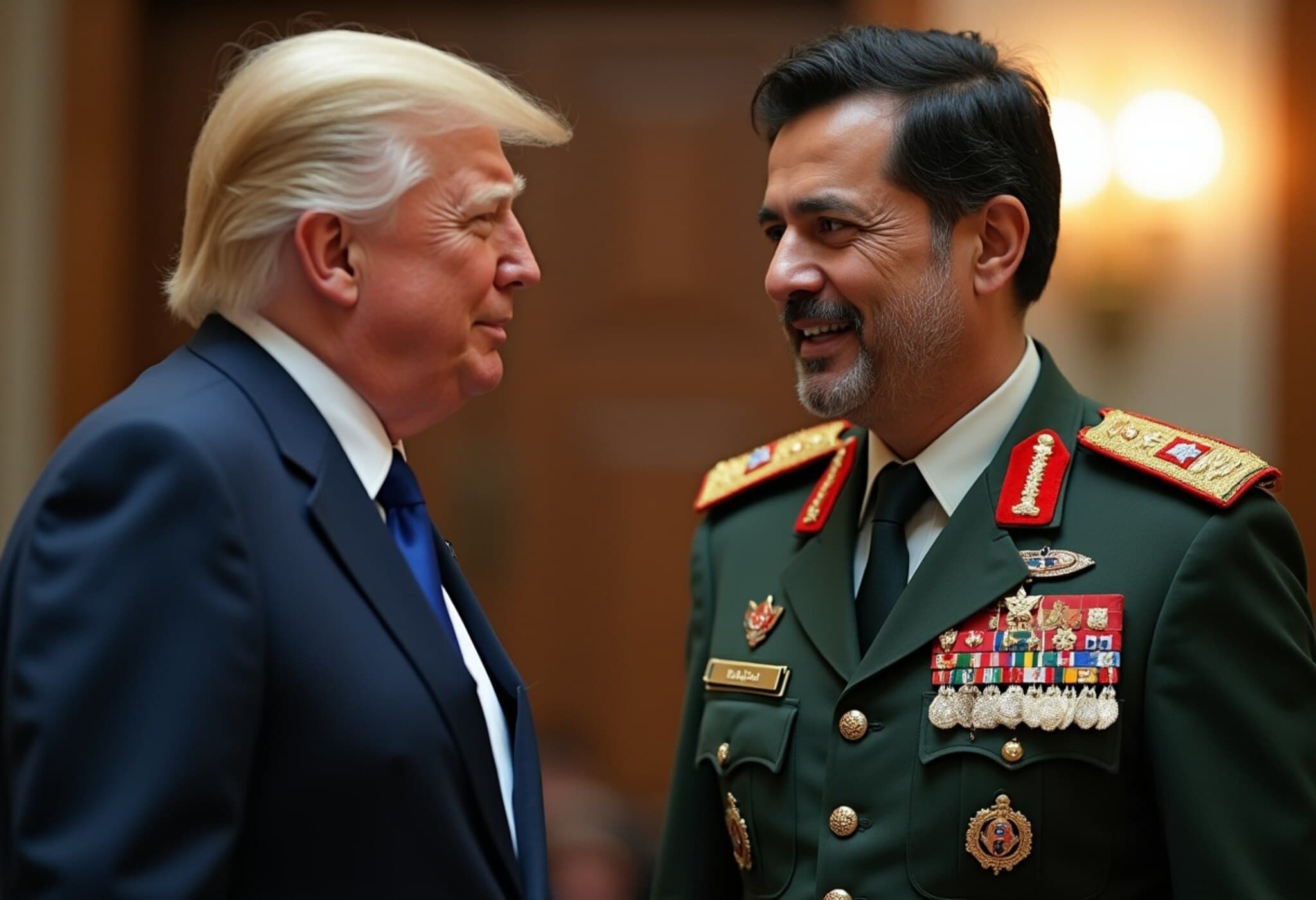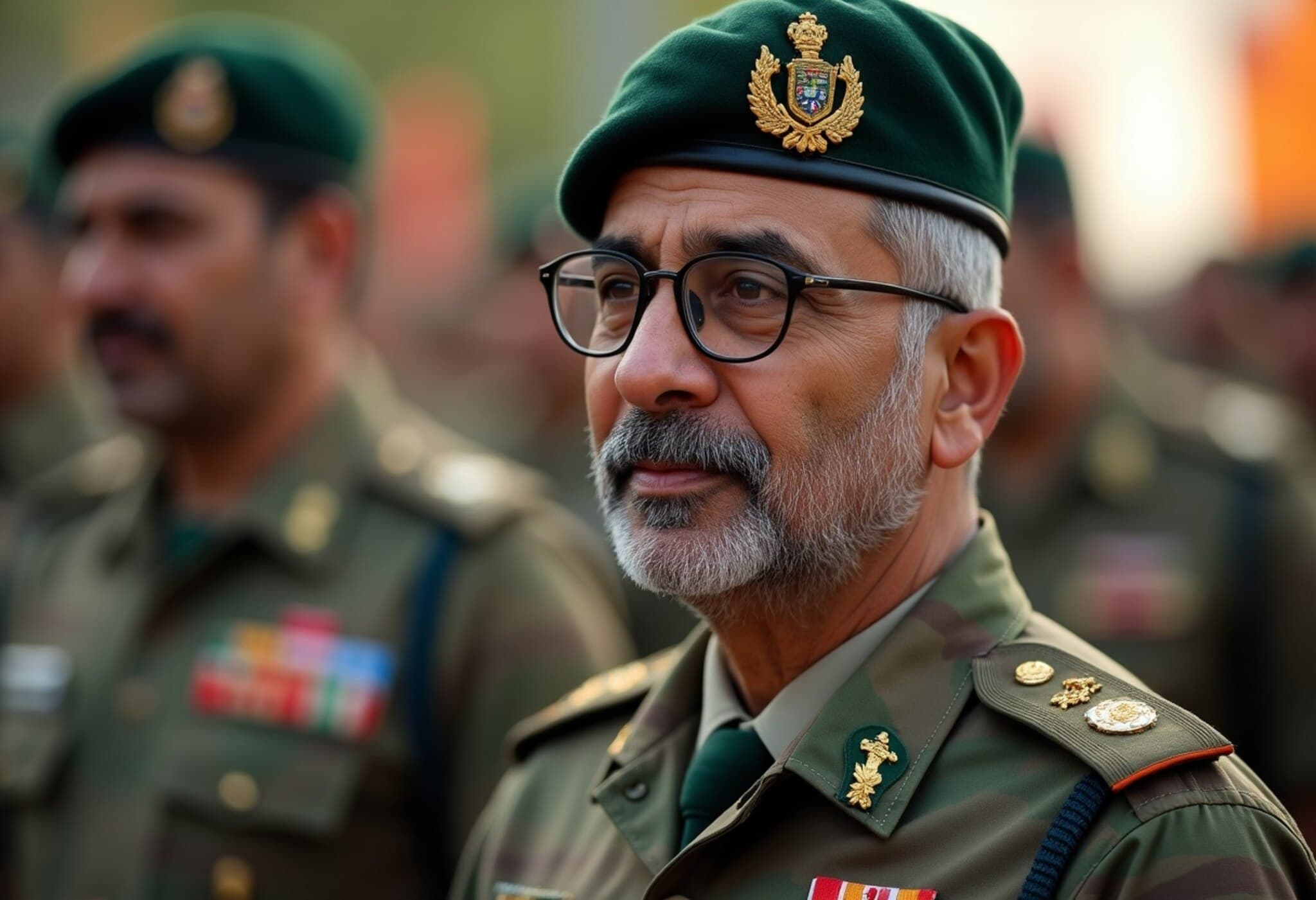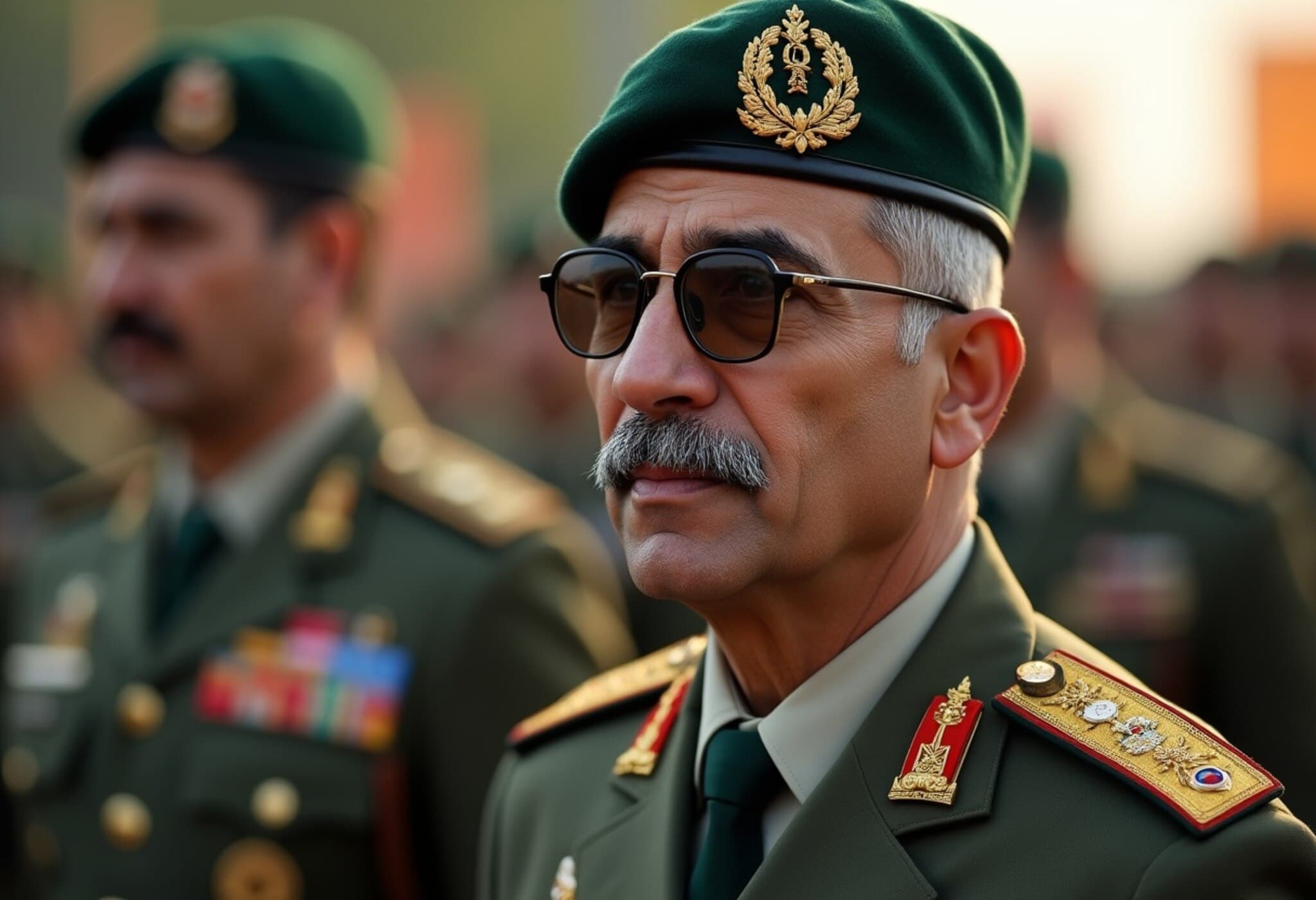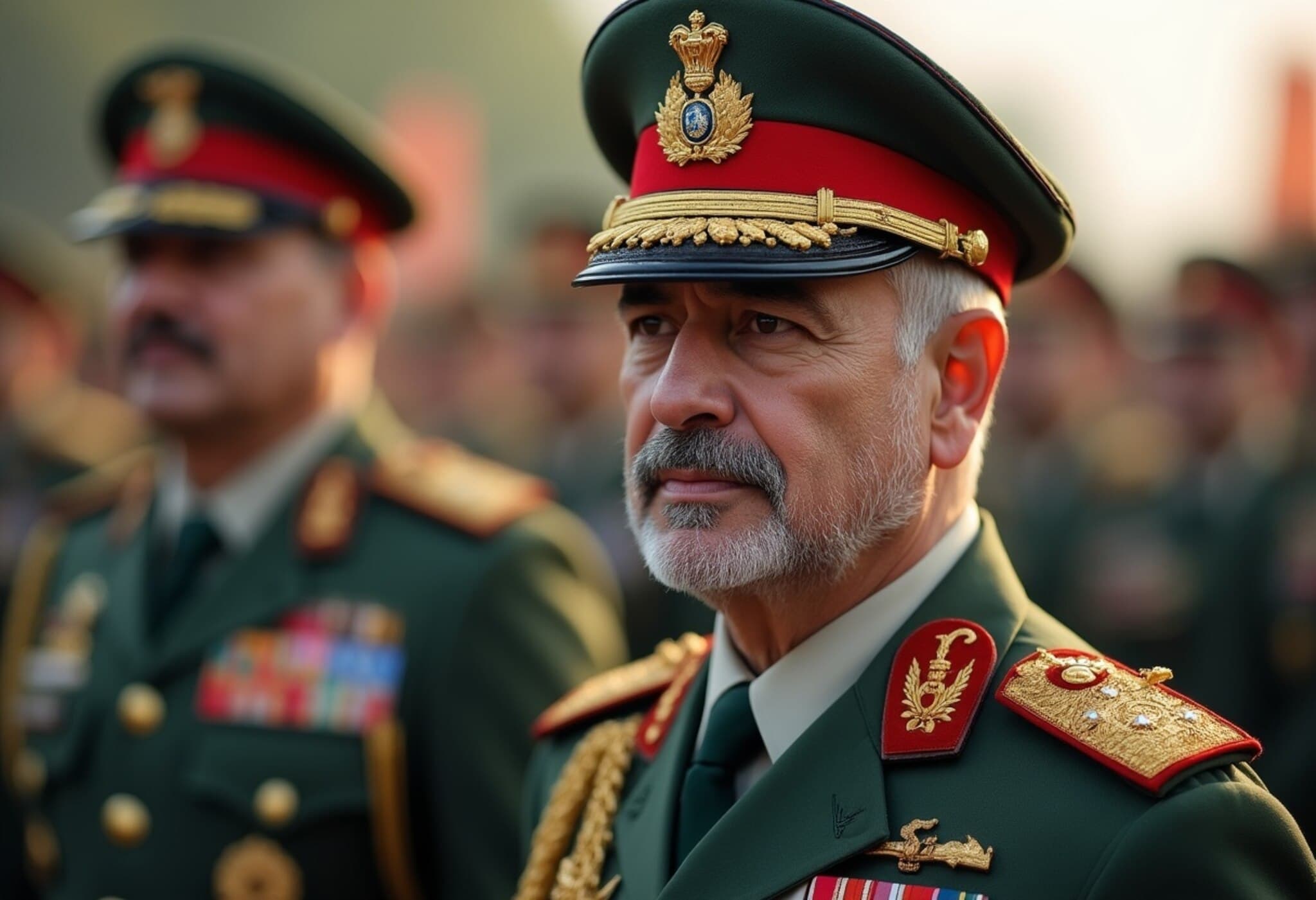Pakistani Army Chief Asim Munir Voices Strong Stance on Kashmir in Florida
During a recent address to the Pakistani diaspora in Tampa, Florida, Field Marshal Asim Munir, Chief of the Pakistan Army, reaffirmed his country’s long-standing claims over Kashmir, calling the region the "jugular vein" of Pakistan. His remarks, made during an official visit to the United States, have once again sparked diplomatic tensions between Islamabad and New Delhi.
Context of the Statement and Diplomatic Backlash
Munir's comments come amid an already strained relationship between India and Pakistan. He asserted that Kashmir remains an "incomplete international agenda" and is not merely an internal issue of India, a claim that New Delhi strongly disputes. India’s Ministry of External Affairs swiftly responded to Munir’s rhetoric, emphasizing Kashmir’s status as a union territory of India and denouncing Pakistan’s claims as unfounded. A spokesperson from the ministry critiqued the idea of Kashmir being a "jugular vein" tied to Pakistan, highlighting it as a misleading metaphor contrary to international law.
Significance of Munir’s US Visit
Munir’s trip marks a notable attempt by Pakistan to engage with the US at a high strategic level, including meetings with senior American military officials such as the outgoing Commander of the United States Central Command, General Michael E. Kurilla, and his successor, Admiral Brad Cooper. Notably, Munir met with Chairman of the Joint Chiefs of Staff, General Dan Caine, inviting him to visit Pakistan — a gesture indicating Islamabad's interest in deepening military-to-military dialogue.
Addressing the Pakistani diaspora, Munir urged them to maintain confidence in Pakistan’s future and actively participate in fostering investments. He characterized his visit as part of a broader effort to place Pakistan-US relations on a constructive and sustainable footing.
Broader Implications for Regional Security and US Diplomacy
Munir credited former US President Donald Trump for preventing conflicts between India and Pakistan and other global hotspots, underlining the importance of strategic leadership and diplomacy. However, analysts note that recent ceasefires and reduced military tensions between India and Pakistan have primarily resulted from direct communications between their respective armed forces, independent of third-party mediators like the US.
Experts commenting on Munir’s statements emphasize the delicate balance Washington must strike in its South Asia policy. On one hand, Pakistan remains a key military and strategic partner in the region; on the other, US-India relations have grown significantly stronger, especially in economic and defense sectors.
Underreported Perspectives and Critical Questions
- Munir’s rhetoric reinstates Pakistan’s historical stance on Kashmir but overlooks the evolving demographics and political realities on the ground in Jammu and Kashmir, particularly following India’s revocation of Article 370 in 2019.
- The economic undertones of Munir’s speech, particularly the anticipated US-Pakistan trade agreement, highlight Islamabad’s urgency to secure foreign investments amid internal economic challenges.
- Meanwhile, the enthusiasm and unity among the Pakistani diaspora in the US reflect a soft power dimension that often gets overshadowed by geopolitical tensions.
Observers also question how these public assertions impact ongoing peace efforts and whether such rhetoric hampers future dialogues aimed at conflict resolution in South Asia.
Looking Ahead: Pakistan, Kashmir, and US Relations
As Munir continues to engage with American military and political leadership, the world watches closely how Pakistan navigates its strategic interests—balancing domestic nationalist pressures, diaspora influence, and international diplomacy. With Kashmir sitting at the heart of this complex equation, the path to peace and stability remains fraught with challenges.
Editor's Note
Field Marshal Asim Munir’s reiteration of Kashmir as Pakistan’s "jugular vein" during his US visit encapsulates deep-rooted regional tensions that continue to affect South Asian geopolitics. Beyond mere rhetoric, this scenario underscores the importance of nuanced diplomacy and the influential role of diaspora communities. As the international community observes these developments, critical questions arise: Can strategic dialogue overcome entrenched narratives? And what role will global powers play in fostering lasting peace in one of the world's most volatile flashpoints?

